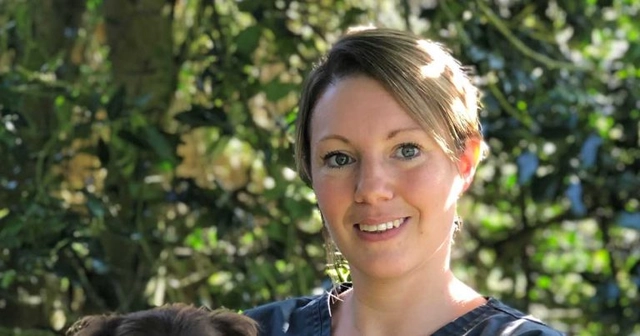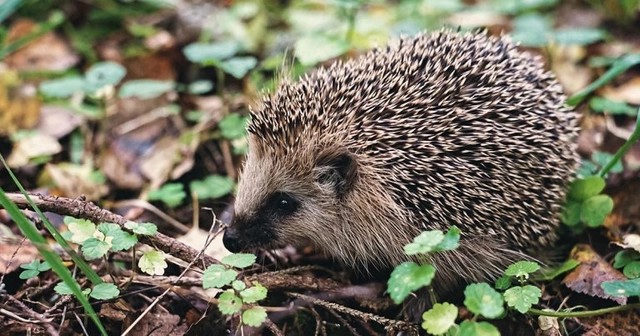
Proposals to develop enhanced veterinary career pathways, including a training programme leading to a new specialist in primary care status, have been backed by the RCVS.
One supporter claimed the college was “pioneering for the world” as the plans were given the green light during the latest meeting of its council on 9 November.
But concerns were also raised about a potential “de-skilling” of some professionals that could have implications for both staff salaries and clients’ experiences.
The scheme has been developed following a review of the sector’s advanced practitioner (AP) status and a stakeholder event held by the college last year.
Workstreams
Three new workstreams are planned within the project, including the development of both a speciality training programme in primary care and more flexible and accessible routes to specialist training.
It also commits the college to developing clearer guidance for both the profession and public on available career statuses, potentially including a new name for the current AP designation and the roles that status may prepare its holders for.
In comments released after the discussion, RCVS education committee chairperson Kate Richards said: “These exciting and progressive proposals are visionary as far as the career and development structure of the veterinary clinical profession is concerned. With around 75% to 80% of veterinary professionals working in clinical practice, this project will deliver a substantial positive impact.”
During the meeting, Stephen May hailed the project as a “tremendous piece of work” which had been in development for many years.
He added: “Yet again, it’s an example of the RCVS pioneering for the world. There is nothing like it anywhere else and we will be a model, I am sure, for other areas.”
VN Council chairperson Belinda Andrews-Jones also praised the proposals, telling colleagues: “This is making the profession much more inclusive.”
‘De-skill concern’
While he acknowledged the need for change, Will Wilkinson also urged his colleagues to be wary of the potential for the measures to “disempower and disenfranchise” some professionals, citing his own experience of seeing fewer cases himself as a result of advising clients to see more qualified colleagues.
He said: “There is a risk of the front line becoming de-skilled, so people have to travel further to see a standard of care they could potentially already get, and if there is seen to be a difference in value of just a GP, that is probably going to be reflected in salaries there, as well.”
He suggested such a scenario could also impact on the costs charged to clients and may not be in the interests of health and welfare.
However, he went on to stress: “That is not to say this isn’t a good thing that we’re doing, but there are risks.”
But senior vice-president Melissa Donald argued that part of a specialist GP role would be to encourage the development of junior staff members.
Responses
Director of education Linda Prescott-Clements also insisted the college was mindful of the potential consequences, but said responses to the plans had been largely positive.
Danny Chambers also described the concern as “real” but argued that it, and other potential issues, could be mitigated by ensuring the new qualifications were properly named.
Although such details were not part of the discussion, he said AP status in an area such as basic equine practice risked creating confusion.
He added: “If we get it wrong, the consequences will be massive, and if we get it right, it will be really well received.”
Council members voted 21 to nil in favour of proceeding with the three workstreams and 14 to 6 in favour of pursuing the project over a two-year period, rather than three.
‘Exciting new chapter’
Dr Richards said: “These are the early pages of a very exciting new chapter for veterinary clinical careers, and we will be asking for your help to write it, as we will be holding a number of consultations in the coming years, including on the programme for specialist in primary care and the definition of clinical roles.”
The college also revealed that a similar process to improve career pathways for RVNs, which would include the development of an advanced veterinary nurse status, is under consideration.
Credit to: https://www.vettimes.co.uk/news/pioneering-career-pathways-plan-backed-by-rcvs-council/ (Vet Times)
Vet Times. (2023). https://www.vettimes.co.uk/news/pioneering-career-pathways-plan-backed-by-rcvs-council/ [online]
Available at: https://www.vettimes.co.uk/news/pioneering-career-pathways-plan-backed-by-rcvs-council/





